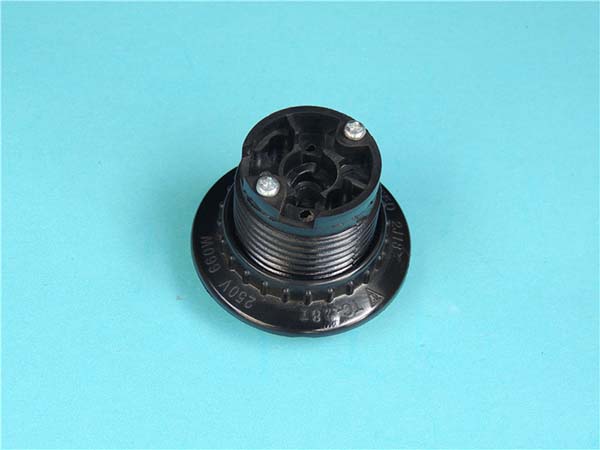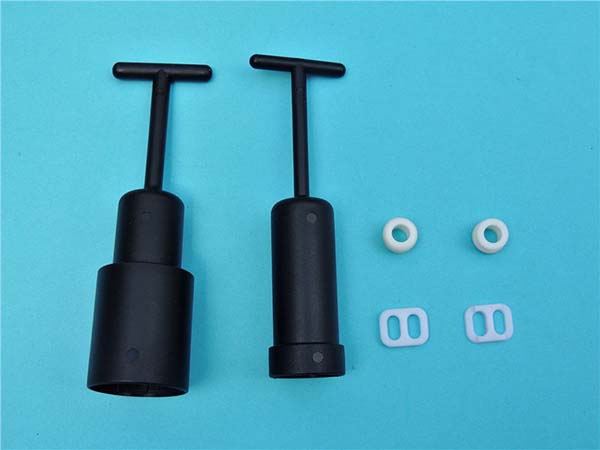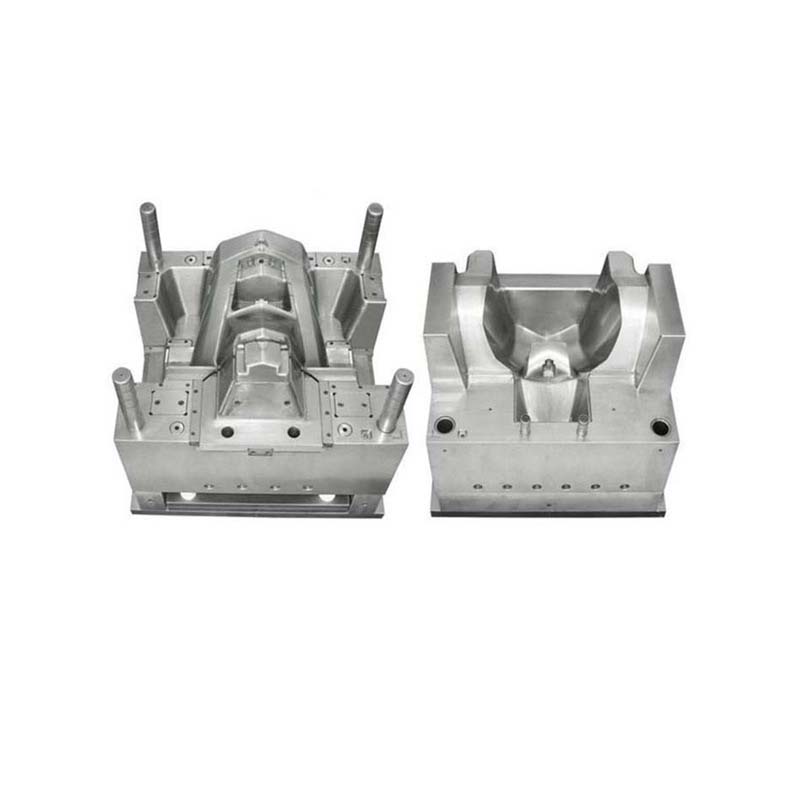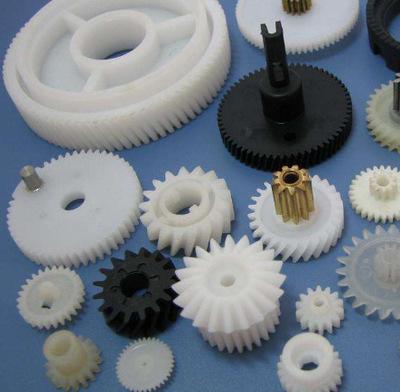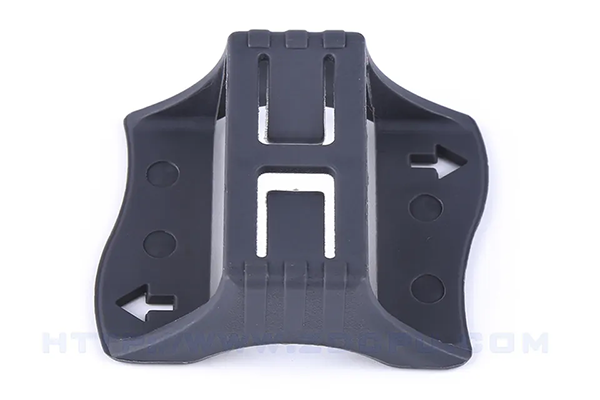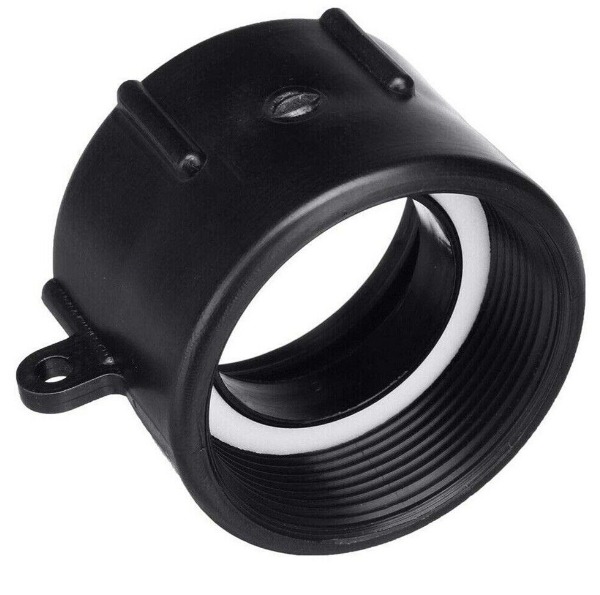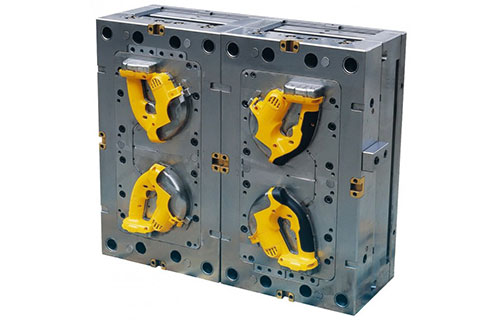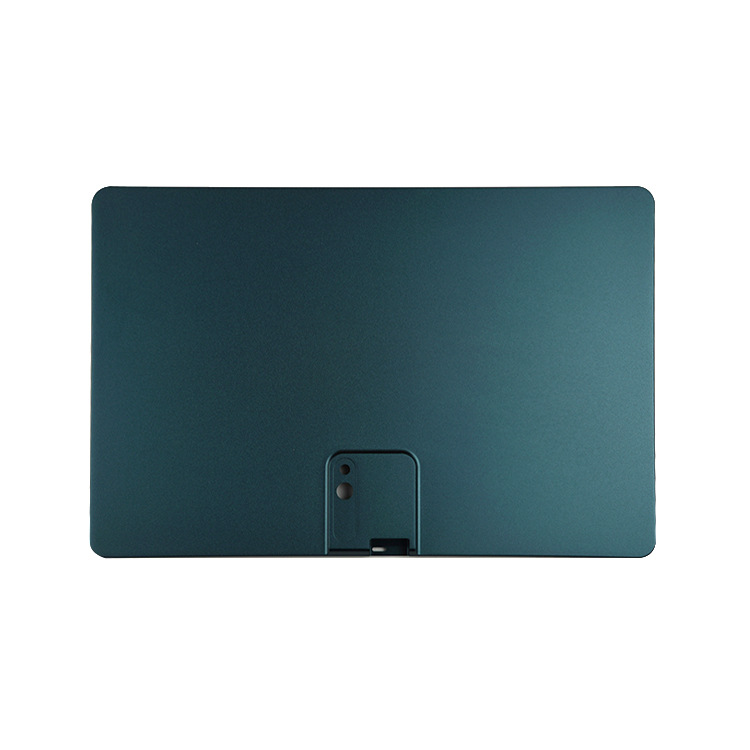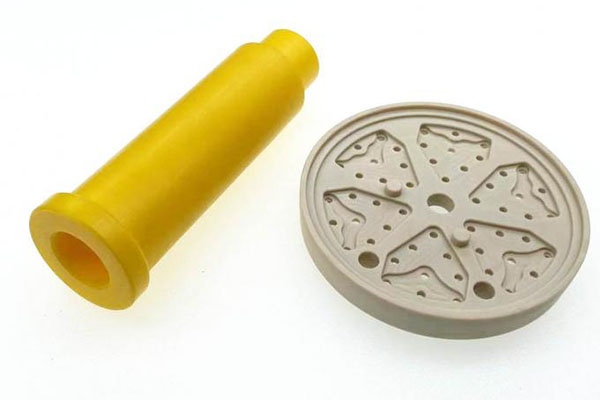Finding the perfect molding supplier is one of the most critical decisions in bringing a product from concept to market. The right partner ensures not just a functional part, but one that meets your quality, budget, and timeline needs, while the wrong choice can lead to costly delays, defects, and project failure. This guide cuts through the noise to provide a comprehensive, step-by-step framework for evaluating and selecting a molding supplier that aligns with your project's specific demands. We'll move beyond basic checklists to explore the nuanced questions and criteria that experienced engineers and sourcing professionals use to make informed, confident decisions.
What Types of Molding Processes Do Suppliers Specialize In?
Not all molding suppliers are created equal. The first step is matching their core expertise to your technical requirements. A supplier proficient in one process may lack the equipment or know-how for another. The three most common processes are Injection Molding, Compression Molding, and Blow Molding, each with distinct applications.
- Injection Molding: The most prevalent method for high-volume production of complex, precise plastic parts. It involves melting plastic granules and injecting them into a metal mold under high pressure. Key applications include consumer electronics housings, medical device components, and automotive interiors. When vetting a supplier, ask about their experience with the specific resin (e.g., ABS, Polycarbonate, Nylon) and part geometry you require.
- Compression Molding: Often used for thermosetting plastics, composites (like Sheet Molding Compound - SMC), and rubber. Material is placed in a heated mold cavity, which is then closed under pressure, causing the material to flow and cure. This process is ideal for large, strong, relatively less intricate parts like automotive body panels, electrical housings, and silicone rubber keypads.
- Blow Molding: Primarily used to create hollow plastic parts. The main technique, Extrusion Blow Molding, forms a hollow tube of molten plastic (a parison) inside a mold and then inflates it with air. This is the standard process for producing bottles, containers, and fuel tanks.
Pro Tip: Many leading suppliers specialize in one primary process but offer secondary services. For instance, an injection molder might also provide ultrasonic welding or assembly. Clarifying their core vs. ancillary capabilities is crucial.
How Can You Assess a Supplier's Quality Control Systems?
A supplier's quality management system (QMS) is the backbone of consistent part production. You must look beyond a simple "yes, we do QC" assurance.
- In-Process Monitoring: A robust system includes real-time monitoring of critical process parameters like injection pressure, temperature, and cycle time. Statistical Process Control (SPC) charts should be actively used to detect variations before they cause defects.
- Inspection Capabilities & Documentation: Determine their inspection stages: First Article Inspection (FAI), in-process, and final audit. What equipment do they use? Look for Coordinate Measuring Machines (CMM), optical comparators, and tensile testers. Crucially, they must provide clear Inspection Reports and Certificates of Conformance (CoC) with each shipment.
- Root Cause Analysis: When (not if) a non-conformance occurs, how do they respond? A credible supplier will have a formal 8D or 5 Why problem-solving methodology to identify the root cause and implement corrective and preventive actions (CAPA), documented for your review.
Example of a Tier-1 Automotive Supplier QC Workflow:
graph TD
A[Raw Material Incoming QC] --> B[Process Parameter SPC Monitoring];
B --> C[In-Process Dimensional & Visual Checks];
C --> D[100% Final Functional Test (if required)];
D --> E[Batch Sampling per AQL];
E --> F[Comprehensive FAIR/PPAP Documentation];
F --> G[Ship with CoC & Lot Traceability];Key Industry Certifications and Standards to Look For
Certifications are objective proof of a supplier's commitment to systematic quality and industry-specific requirements. The most critical ones include:
- ISO 9001: The foundational international standard for QMS. It demonstrates a framework for consistent processes and continuous improvement. ISO 13485 is the specialized version for medical devices, with stricter requirements for risk management and documentation.
- IATF 16949: This is the non-negotiable standard for supplying to the automotive industry. It builds upon ISO 9001 with far more rigorous requirements for product safety, defect prevention, and supply chain management.
- UL Certification: If your parts require specific electrical or flammability safety ratings (like UL 94 for flame retardancy), ensure the supplier is recognized by Underwriters Laboratories to mold and label parts with these marks.
Data Point: A 2022 study by the Manufacturing Leadership Council found that suppliers with IATF 16949 certification had, on average, 35% fewer customer-reported defects than non-certified counterparts in automotive applications.
What Factors Influence Molding Costs and Pricing Structures?
Understanding cost drivers empowers you to design for manufacturability (DFM) and negotiate effectively. Costs break down into Non-Recurring Engineering (NRE) costs and Per-Piece Part Price.
- Tooling (Mold) Costs: This is the largest NRE expense. Complexity is the main driver:
- Number of Cavities: A 4-cavity mold produces four parts per cycle but costs significantly more than a single-cavity mold.
- Surface Finish: A polished, textured, or mirror finish adds time and cost.
- Tolerances: Tighter tolerances (±0.05mm vs. ±0.25mm) require higher-precision machining.
- Mold Material: Hardened steel (for 1M+ cycles) is more expensive than pre-hardened steel or aluminum (for prototypes/low volume).
- Part Design & Material: Simpler parts with uniform wall thickness and minimal undercuts are cheaper to mold. Material choice constitutes ~40-70% of the piece-part cost. Commodity resins like Polypropylene are inexpensive; engineered resins like PEEK are not.
- Production Volume: High volumes justify higher NRE investment (like multi-cavity molds) and command lower per-unit prices due to amortized tooling and optimized cycle times.
- Pricing Models: Be clear on the quote structure. Is it Free-On-Board (FOB) origin or destination? Are tooling maintenance fees included? Is pricing fixed for a volume period or subject to material index adjustments?
Lead Times and Production Capacity Considerations
A supplier's ability to deliver on time is as important as quality. You must evaluate their realistic capacity and scheduling flexibility.
- Tooling Lead Time: This is often the critical path. For a medium-complexity steel injection mold, expect 8-14 weeks. Prototype (aluminum) molds can be faster (3-6 weeks). Always request a detailed mold-making schedule with milestones.
- Production Scheduling & Capacity: Ask about their current shop floor utilization. A supplier operating at 95% capacity has little room for rush orders or volume spikes. Inquire about shift patterns (e.g., 24/5, 24/7) and their policy for production trials (T1 samples) before full ramp-up.
- Supply Chain Resilience: The recent global disruptions highlighted this need. How does the supplier manage raw material inventory? Do they have approved secondary material sources? What is their contingency plan for equipment breakdowns?
Case in Point: A consumer electronics startup needed 500,000 units in 3 months for a holiday launch. They chose a supplier based on low price alone. The supplier, however, was at full capacity. The tooling was delayed, and production was queued behind other orders, missing the launch window entirely. The cost of lost sales far outweighed any initial per-part savings.
Conclusion
Selecting the right molding supplier is a multifaceted due diligence process that balances technical capability, proven quality systems, transparent costing, and reliable capacity. It requires moving beyond price comparisons to deeply evaluate a partner's expertise, processes, and cultural fit with your organization. By systematically investigating their specialization, quality credentials, cost drivers, and operational capabilities—as outlined in this guide—you position your project for success, minimizing risk and building a supply chain partnership that delivers value far beyond the initial order.
FAQ
- What is the most important factor when choosing a molding supplier?
While all factors are interconnected, a proven and verifiable Quality Control System is paramount. Even the best price and lead time are meaningless if the parts are consistently defective or unsafe. - How do I know if a supplier is experienced with my specific material?
Request a list of material data sheets (MDS) for resins they commonly process and ask for sample parts they have produced with that material. An experienced supplier will readily provide processing parameters and guidelines for your material. - Is it better to use a local or overseas molding supplier?
It depends on the project stage and priorities. Local suppliers offer easier communication, faster iteration, and lower shipping costs, which is ideal for prototyping and medium volumes. Overseas suppliers can offer lower piece-part costs for very high volumes but involve longer lead times, communication barriers, and less oversight. A hybrid approach (prototype locally, production overseas) is common. - What should be included in a formal molding supplier agreement?
A comprehensive agreement should cover: part specifications and drawings, approved quality standards (AQL levels), pricing and payment terms, tooling ownership and maintenance, delivery schedules and Incoterms, confidentiality, liability, and terms for resolution of non-conforming parts.
Contact Yigu Technology for Custom Manufacturing.
Navigating the complexities of custom molding requires a partner with deep engineering expertise and a commitment to excellence. At Yigu Technology, we specialize in translating your designs into high-quality, manufacturable parts.
Our capabilities span precision injection molding, compression molding, and comprehensive secondary operations, backed by a rigorous QMS and a focus on transparent collaboration. From DFM feedback and rapid prototyping to full-scale production and assembly, we provide end-to-end solutions.
Let's discuss your project. Contact our engineering team today for a detailed consultation and quotation tailored to your specific needs.
